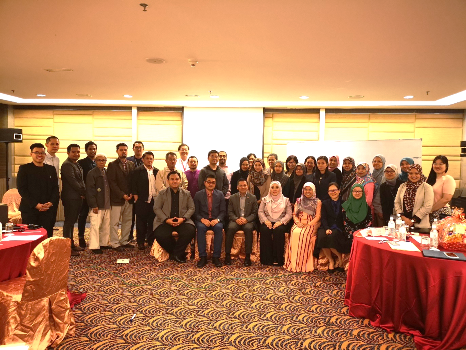 MONDAY, 27 AUGUST - A total of 32 Universiti Malaysia Sabah (UMS) lecturers recently attended a comprehensive three-day Training of Trainers (TOT) Global Online Workforce at the Klagan Regency Hotel.
MONDAY, 27 AUGUST - A total of 32 Universiti Malaysia Sabah (UMS) lecturers recently attended a comprehensive three-day Training of Trainers (TOT) Global Online Workforce at the Klagan Regency Hotel.
The training was organised by the Malaysia Digital Economy Corporation (MDEC) in collaboration with UMS.
This training program was aimed to train the participants with the knowledge and skills about working online through global crowdsourcing platforms.
Global Online Workforce (GLOW) is an initiative by MDEC, which aims to create a community of competitive digital workers among Malaysians who can earn jobs or projects from global crowdsourcing platforms, in order to generate alternative incomes.
This program also provides support programs, mentorship and coaching to Malaysian freelancers.
In the recent three-day training program, the TOT was facilitated by Noranifa Muhamad, the Project Leader of GLOW, and MDEC strategic partners, who included experienced and specialist trainers who are digital workers as well.
The Dean of the Centre for the Promotion of Knowledge and Language Learning (PPIB), Associate Professor Dr. Jualang @ Azlan Abdullah Gansau was also present to provide his support to all of the 32 UMS lecturers and TOT trainers.
In this program, the lecturers were trained to create personal profile and were given tips and tricks to bid for jobs on one of the largest global crowdsourcing platforms, freelancer.com.
Consequently, the lectures will be able to guide undergraduates to gain the skills and experience to work on crowdsourcing platforms through an elective course, which will be introduced in the coming semester.
Through the collaboration between MDEC and UMS, three UMS faculties namely the Faculty of Business, Economics and Accountancy, the Faculty of Computing and Informatics, and the Labuan Faculty of International Finance will introduce Digital Workforce as an elective course to students.
Professor Dr. Rasid Mail, the Deputy Vice Chancellor (Academic and International) of UMS highly supports and acknowledges the benefits of the Digital Workforce elective course and the TOT Global Online Workforce program to UMS, as it is specifically in line with the current working trend, which would lead UMS to achieve the Industrial Revolution 4.0 (IR 4.0).
Source: PPIB



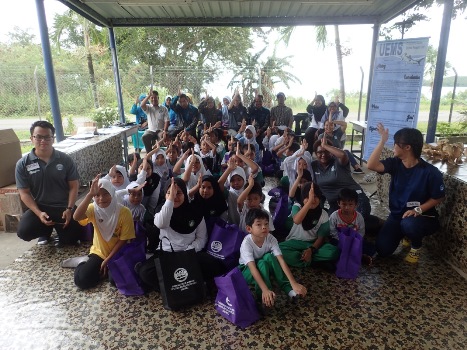 TUESDAY, 21 AUGUST - The team from the Endangered Marine Species Research Unit (UEMS), Borneo Marine Research Institute of the Universiti Malaysia Sabah (UMS) continued with its awareness programme in marine conservation, in its sustained effort to highlight the importance of protecting sharks.
TUESDAY, 21 AUGUST - The team from the Endangered Marine Species Research Unit (UEMS), Borneo Marine Research Institute of the Universiti Malaysia Sabah (UMS) continued with its awareness programme in marine conservation, in its sustained effort to highlight the importance of protecting sharks.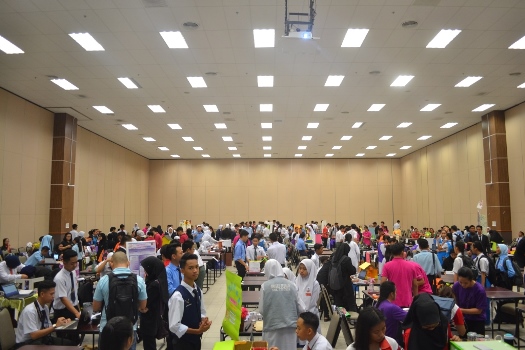 MONDAY, 20 AUGUST - 414 students forming 138 teams from 34 secondary schools in Sabah and 4 from Labuan gathered at Universiti Malaysia Sabah on Saturday to compete in the Young Innovators Challenge Program, a concerted effort between the University Malaysia Sabah (UMS) Digital Maker Hub and Centre for Industry and Community Network, the Ministry of Education (MOE), the Hap Seng Group, Yayasan Sime Darby, the Malaysian Digital Economy Corporation, and Chumbaka, a pertinent training provider in technology industries.
MONDAY, 20 AUGUST - 414 students forming 138 teams from 34 secondary schools in Sabah and 4 from Labuan gathered at Universiti Malaysia Sabah on Saturday to compete in the Young Innovators Challenge Program, a concerted effort between the University Malaysia Sabah (UMS) Digital Maker Hub and Centre for Industry and Community Network, the Ministry of Education (MOE), the Hap Seng Group, Yayasan Sime Darby, the Malaysian Digital Economy Corporation, and Chumbaka, a pertinent training provider in technology industries. 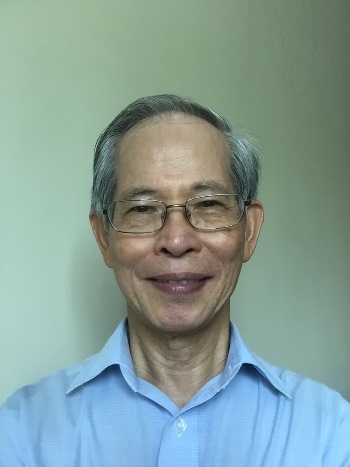 FRIDAY, 17 AUGUST - Prof. Dr Chua Tock Hing and his research team of Department of Pathobiology and Medical Diagnostics, Faculty of Medicine and Health Sciences, Universiti Malaysia Sabah (UMS), Kota Kinabalu, Sabah, Malaysia will publish in the next issue of PlosOne, a paper entitled, ”Mitochondrial variation in subpopulations of Anopheles balabacensis Baisas in Sabah, Malaysia (Diptera: Culicidae)”.
FRIDAY, 17 AUGUST - Prof. Dr Chua Tock Hing and his research team of Department of Pathobiology and Medical Diagnostics, Faculty of Medicine and Health Sciences, Universiti Malaysia Sabah (UMS), Kota Kinabalu, Sabah, Malaysia will publish in the next issue of PlosOne, a paper entitled, ”Mitochondrial variation in subpopulations of Anopheles balabacensis Baisas in Sabah, Malaysia (Diptera: Culicidae)”.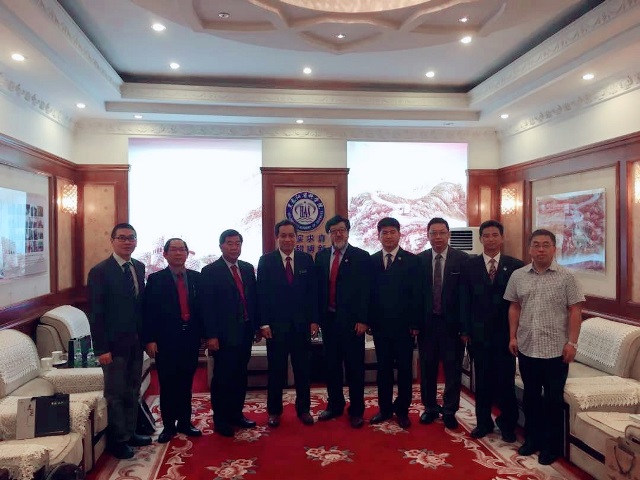 THURSDAY, 16 AUGUST - A delegation from Universiti Malaysia Sabah (UMS), led by the Vice Chancellor Prof. Datuk Dr. D Kamarudin D Mudin recently visited Heilongjiang Academy of Sciences (HAS) in Harbin, China.
THURSDAY, 16 AUGUST - A delegation from Universiti Malaysia Sabah (UMS), led by the Vice Chancellor Prof. Datuk Dr. D Kamarudin D Mudin recently visited Heilongjiang Academy of Sciences (HAS) in Harbin, China.